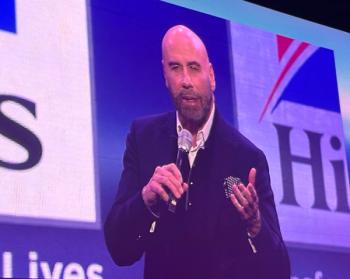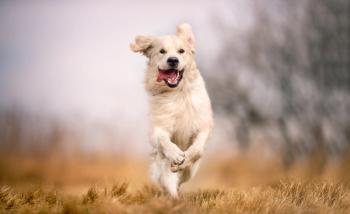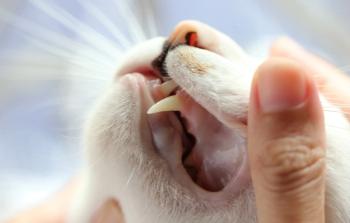
From the lens of a veterinarian: Camp Leakey in 1991
Veterinarian and wildlife photographer describes his experience with the culture and fauna during his first trip to Borneo Island
My first visit to Borneo and Camp Leakey was with a group of 11 other people from around the world, with most of us originating from Australia and the United States. The 3 men and 9 women in our group bonded instantly when we met in Jakarta, Indonesia for the first time.
The adventure started on the flight from Jakarta to Borneo over the Java Sea. We were told to get to the airport early because the flight might leave earlier than what our tickets say, then again it might leave on time, or maybe not at all. You never know until you get there. This “time is a nonentity” attitude was our first experience with some of the mysteries of their culture.
Our small airplane was only a few hours delayed, and on our first attempt to fly to Borneo, we had to go back to Jakarta due to smoke from forest fires from a drought obscuring the runway. We toured the Ragunan Zoo the next day and saw a pair of Sumatran rhinoceros to fill the time.
The second attempt the next day was successful. When we arrived on the Borneo Island, our American hosts greeted us with news that made us feel safer for the flight back to Jakarta in 2 weeks. They told us, due to the lower aviation standards in Indonesia back then, that the mechanic that works on the airplane flying from Borneo to Jakarta is required to fly on it. Hmm, seemed like a nice rule to us!
Our accommodations at Camp Leakey were spartan (that is a generous statement). Downstairs had a basic sitting room and a bedroom for the men. All 9 women slept upstairs. That did not last long, and after a few days, 2 of the women brought their pillows down to our room to sleep in the same room with us 3 men for the rest of the trip because of all the commotion upstairs.
We shared an outhouse with a squat toilet, and if you wanted to bathe, you jumped in the Sekonyer river, as long as the Dayaks said “the coast is clear” in regard to venomous snakes, like the common krait, that frequents the area. When I returned to Borneo 21 years later, no one was allowed to go in the river because a crocodile killed a swimming tourist.
We didn’t complain, especially when we saw where Biruté Galdikas, and her former spouse Rod Brindamour, slept when they first established Camp Leakey in 1971. It was just a platform with a roof over it. There was no kitchen, bathroom, or protection from mosquitoes or other wild animals, especially the fire ants.
Some of the happenings regarding people in a culture with over 200 diverse ethnic groups, and a location so vastly different than what we are used to, are hard to understand and explain. The indigenous groups, including the Dayaks we were with (their ancestors were headhunters before World War II), have unique rituals and spiritual beliefs that we would consider bizarre.
They have a strong belief in ancestral spirits. Most of all of this was kept from us, but the young Dayaks would openly talk about it when asked. They were more interested in our culture though, and asked questions like “Do you know Arnold Schwarzenegger?”
These people are in tune with nature, as evidenced by their keen senses, especially hearing and vision, while in the rainforest. They fit naturally in the rainforest, and if one of the Dayaks takes a rest break and sits up against a tree trunk, he blends in so well he seems to vanish. The Dayaks could have easily played tricks on us in the thick rainforest but were too gentlemanly and respectful to even think about it.
The best way to describe it all is to use the word “mysterious.” I loved observing it and learning about it, just as much I loved being in the presence of our distant red-haired cousins climbing in the trees.
Next month, we will meet some of the people that worked at Camp Leakey in 1991.
Newsletter
From exam room tips to practice management insights, get trusted veterinary news delivered straight to your inbox—subscribe to dvm360.





